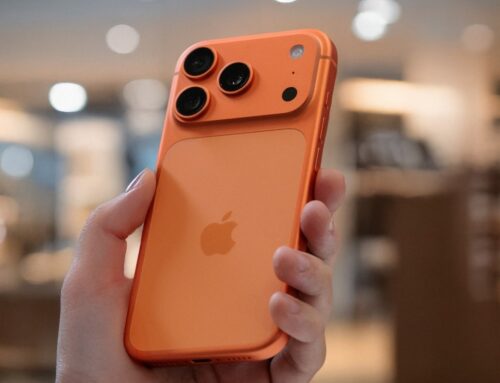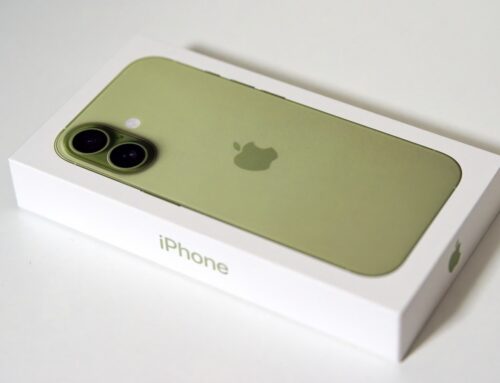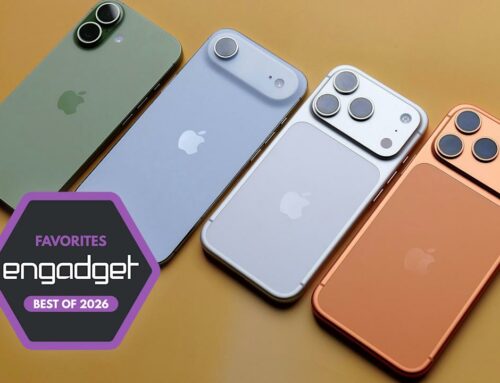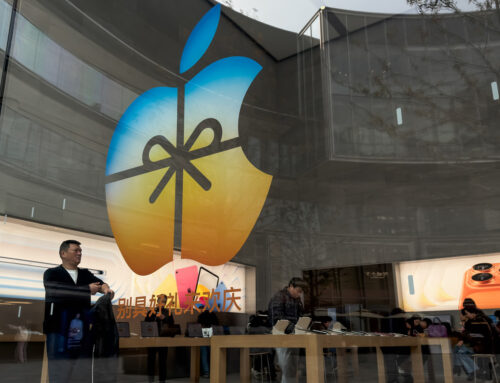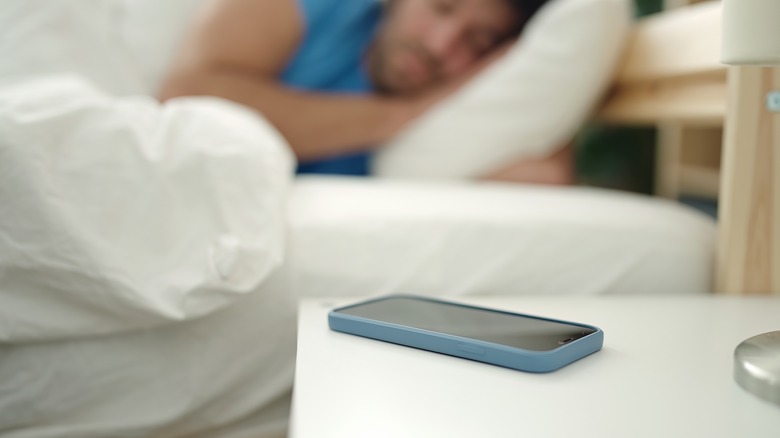
Krakenimages.com/Shutterstock
Sleep tracking has become commonplace thanks to fitness trackers and smartwatches, and if you have an Apple Watch, there are several options to monitor your sleep. The Apple Watch can track the different stages of your sleep and measure your respiratory rate, heart rate, and changes in wrist temperature. This data can be viewed in the Health app on your iPhone.
Not every iPhone user has an Apple Watch, and not all want to wear their watch while sleeping. The iPhone has some sleep tracking options in the Health app, like setting sleep goals, adding Bedtime and Wake-up times, and scheduling a Sleep Focus Mode. However, analyzing your sleep with the iPhone alone isn’t possible with the Health app.
The good news is that there are several third-party sleep-tracking apps available on the App Store that can track sleep using a variety of methods. Some use sonar technology to emit sound waves deflected off your chest to measure breathing patterns and movement. Others use sound detection or motion data to determine whether you’re in deep or light sleep. Most of these apps require the iPhone to be placed at chest level (such as on your nightstand) to work effectively and be connected to a charger overnight. While sleep tracking isn’t entirely accurate, it can provide an overall idea of your sleeping patterns and valuable insights on improving your sleep.
SleepScore
SleepScore is among the most reliable sleep-tracking apps available on the App Store. It tracks your sleep with non-contact sonar technology, using your iPhone’s microphone and speakers to track and measure breathing rate and body movement. The app takes a week or two to learn your sleep patterns and provides coaching and tools to sleep better at night. Once you achieve your sleep goals, SleepScore helps you maintain good sleep.
The app offers in-depth sleep analysis, soothing sleep sounds, a smart alarm, and personalized coaching. You’ll receive a sleep score for each night’s sleep, and you can tap the score to view more insights like sleep duration, time to fall asleep, light sleep, deep sleep, REM sleep, and wake time. The app has some other neat features, including an analysis of the light and noise in your bedroom to create the ideal sleeping environment, guided meditation, a snore quiz, and sleep-related product recommendations and articles.
While the app is free, advanced features like personalized sleep coaching, sleep challenges, screening for sleep disorders, lifetime sleep history, and in-depth weekly insights require a subscription. SleepScore Premium costs $9.99 per month or $59.99 per year. The free version only displays a seven-day sleep history, so you might want to purchase a premium subscription if your goal is to track and improve sleep over a long period.
Sleep Cycle
Sleep Cycle uses sound detection to analyze sleep, recording noises like snoring, talking, and coughing. When you set up the app, you’ll be prompted to enter a wake-up time for the next day. Sleep Cycle will analyze your sleep and play the alarm when you’re in the light sleep stage, helping you wake up refreshed and reducing the chances of sleeping through your alarm.
Sleep Cycle provides detailed sleep analysis, including time in bed, awake time, deep sleep, and time to fall asleep. In addition, you’ll also see insights about time spent snoring and talking and even be able to playback those sounds. The app will even analyze how you slept based on location, so you can see how your sleep was impacted when traveling to a different location for work or a vacation. You can add sleep notes for each day, such as drinking coffee, staying out late, or working out, and see how those correlate to your sleep patterns.
Sleep Cycle features sleep aids like sleep stories, calming sounds, and relaxation guides. There are also tips on setting up your bedroom for sleep and daytime hacks to help you fall asleep at night. Sleep Cycle is a paid app priced at $39.99 per year for the premium version. You can sign up for a seven-day free trial, though.
ShutEye
ShutEye is a sleep-tracking app that can analyze your sleep quality and suggest ways to improve it. When you open the app, you’ll need to answer a series of questions about your sleeping habits to create your profile. The app uses sound detection to record when you snore, gasp for air, or talk during sleep.
ShutEye has various sleep aids to help you fall asleep, such as meditations, stories, and white noise. There are several white noise sounds to choose from, and you can even create your own mix of sounds for the perfect bedtime soundtrack. Other neat features include dream interpretation and the ability to start a timed nap or relaxation session while playing sleep sounds.
The app features a smart alarm that wakes you up during light sleep so you’re naturally rested. Your sleep report includes data like sleep recordings, sleep stages, health and sleep apnea risks, sleep consistency, and factors like the weather and noise level in the room. ShutEye is free, but subscribing to the premium option for $59.99 a year gives you unlimited access to all sleep sounds, sleep analysis, snore recordings, and smart alarms.
Pillow
Pillow is a sleep-tracking app that works with Apple Watch and iPhone. If you’re using only your iPhone to track sleep, you’ll need to place it on your mattress and press Start when you go to bed. The app uses motion data from your phone to detect and analyze your sleep patterns and also requires access to the microphone to analyze sleep sounds like snoring, talking, and more. The app can sync with Apple Health to share sleep data and back up your data to iCloud so that it’s always accessible.
Pillow provides a detailed sleep analysis, including awake time, REM, light sleep, and deep sleep, and makes audio recordings of sleep sounds. It suggests the best time to fall asleep, and the smart alarm feature wakes you up at the time of lightest sleep. You can view weekly, monthly, yearly, and all-time overviews of your sleeping patterns and compare your sleep quality with Apple Health metrics to find out what’s affecting your sleep.
Other features include the ability to track your mood when you wake up, add sleep notes for each day, use a track from iTunes or Apple Music as an alarm, and access sleep aids like calming music, stories, and meditations. Pillow is a free app, but you will need to subscribe to Pillow Premium for $6.99 a month or $39.99 a year to access features like trends and statistics, advanced sleep analysis, sound recordings, personalized insights, sleep aids, heart rate analysis, and smart alarms.
SleepWatch
SleepWatch works with both Apple Watch and iPhone to track your sleep. While wearing the Apple Watch will give you additional insights like heart rate, blood oxygen levels, and sleep disruptions, you can choose to only track sleep with your iPhone. To do this, you’ll need to keep your phone by your bedside and tap the Start button to begin sleep tracking. The app uses the microphone to record ambient noise levels and sleep sounds like coughing, snoring, and talking.
SleepWatch provides a detailed sleep report, including time spent in bed, time taken to fall asleep, wake-up time, and your sleep goal. Once you receive a sleep report, the app generates AI-powered insights to help you improve your sleep. You’ll also be able to record and listen to sleep sounds, use smart alarms and wake-up reminders, and tag activities like exercise, sleeping position, and more to see what helps you sleep better.
When you begin a sleep-tracking session on the app, you can play white noise for better sleep. You can choose from specific white noise sounds or combine sounds to create your own mix. With Sleepwatch Premium, you’ll get access to features like a smart alarm, advanced sleep tracking, SleepWatch score, smart bedtime reminders, score trends, the entire library of white noise sounds, and the ability to record sleep sounds and track your snoring. A premium subscription costs $4.99 a month or $39.99 a year.


